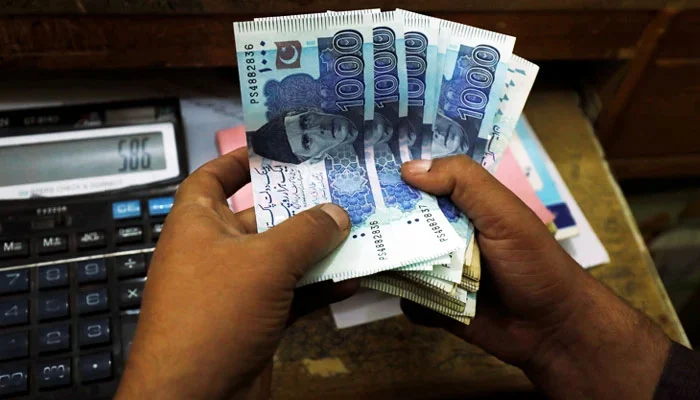ISPR Reveals Evidence of India’s Role in State-Sponsored Terrorism
On Tuesday, Pakistan’s military presented evidence of India’s involvement in cross-border terrorism, specifically in Balochistan. Authorities revealed the arrest of a Pakistani citizen trained in India, alongside the recovery of an Indian drone and an improvised explosive device (IED) from him.
Lt-Gen Ahmed Sharif Chaudhry, Director-General of the Inter-Services Public Relations (ISPR), strongly rejected India’s baseless accusations following the Pahalgam attack, emphasizing that India had failed to provide any evidence to support its allegations against Pakistan. During a press conference addressing both the security situation in Pakistan and India’s unfounded claims, Lt-Gen Chaudhry stated that India was actively involved in fueling terrorism on Pakistani soil, supporting and operating terrorist networks with explosives, IEDs, and other dangerous materials.
He disclosed that on April 25, a man named Abdul Majeed, trained in India, was arrested near Jhelum bus stand. Authorities seized an IED, two mobile phones, and Rs70,000 in cash from Majeed. Further investigation led to the discovery of an Indian drone and Rs1 million in cash at his residence. According to Lt-Gen Chaudhry, the Indian handler responsible for these operations was a junior commissioned officer in the Indian Army, Subedar Sukvinder, who had orchestrated the delivery of the IED to Majeed.
READ MORE: Balochistan Cabinet Approves Job Ads, Wheat Release, Legal Reforms, and Quetta Safe City Funding
A forensic examination of the seized materials revealed undeniable evidence of India’s involvement, which could be verified by any independent and credible agency. Lt-Gen Chaudhry stated that this incident was a part of a larger pattern of state-sponsored terrorism orchestrated by India. He also highlighted India’s propaganda campaign to deflect attention from internal failures and political issues by maligning Pakistan internationally, especially after the Pahalgam attack.
Despite seven days passing since the Pahalgam attack, which killed 26 tourists, India has not provided any evidence to substantiate its claims. Tensions between Pakistan and India have risen sharply since then, with India making unverified accusations against Pakistan.
In retaliation to India’s recent actions, including suspending the Indus Waters Treaty and closing the Attari-Wagah border crossing, Pakistan firmly rejected these moves. A National Security Committee meeting, chaired by Prime Minister Shehbaz Sharif, responded by closing Pakistan’s airspace to Indian flights. The committee also issued a statement emphasizing the importance of the Indus Waters Treaty, warning that any attempt to stop or divert Pakistan’s water, as stipulated in the treaty, would be seen as an Act of War.




